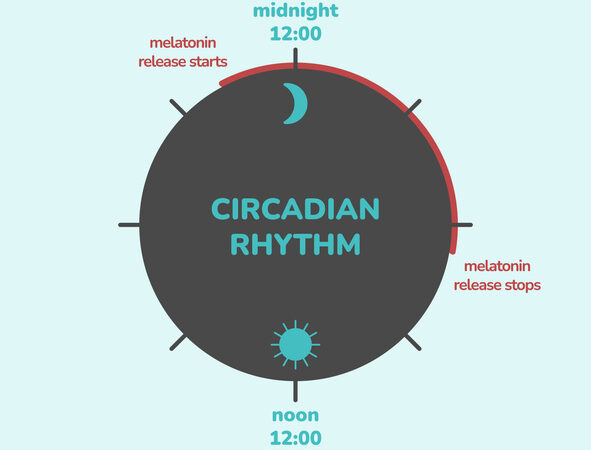The line between middle and old age is constantly blurring as people continue to live longer and take better care of their health. Many seniors work to stay physically and mentally fit at long as possible in order to remain independent and vital, often well into very old age. But there are still those, frequently men, who refuse to do even the simple things to better their lives as they age.
Why are some men so stubborn about things like getting a hearing aid so they can participate in family gatherings, having an eye exam or scheduling regular medical check ups? What makes a man, even before retirement age, stop trying?
There are plenty of older adults who don’t seem to really age after a certain point, retired men who keep physically fit and always have a project on the go or grandmothers with more energy than most 40-year-olds. But there are also those who seem to be old beyond their years, giving up on making even small changes to improve their quality of life.
From an early age, women are taught the need for proactive health care; they visit the OBGYN regularly and if they become pregnant will dutifully get regular checkups during pregnancy and following the birth of a child. But men, beginning in adolescence, are more likely to be risk-takers and follow a pattern of reactive health care, avoiding anything that might cause discomfort. Pleasure seeking can catch up with older men quickly if left unchecked; years of eating poorly, smoking, drinking and not exercising can quickly lead to hypertension, diabetes and other health problems many men believe cannot be reversed. In many cases young men, once they stop participating in school sports where an annual health check-up was required, may go years or even decades without seeing a physician for a full physical until a serious symptom presents itself. Many health problems common for men, such as colon cancer, can be treated but only if detected early.
There is some good news; even if good health care isn’t ingrained in the male mind, it’s not too late to start taking care of one’s health and begin preventative care in order to stick around longer and with more energy to enjoy life with a partner, children or grandchildren. To learn more about how men can start to take better care of their health, visit the Men’s Health Network by following this link.






Add Your Voice
0 Comments
Join the Discussion